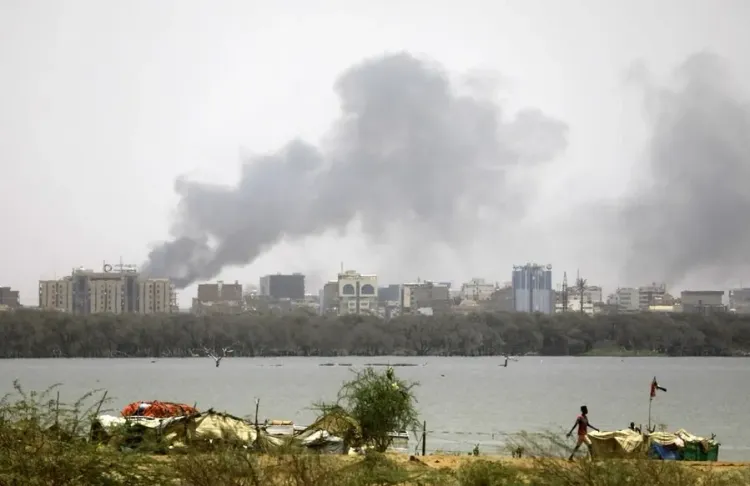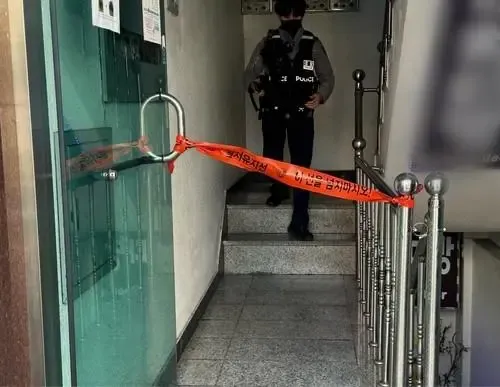Is South Sudan Facing a Surge in Conflict Injuries?

Synopsis
Key Takeaways
- ICRC reports alarming rise in weapon injuries.
- Over 1,000 surgeries performed in less than three months.
- Increased violence linked to humanitarian crisis.
- Healthcare facilities affected by attacks and looting.
- International humanitarian law protections are crucial.
Juba, May 27 (NationPress) The International Committee of the Red Cross (ICRC) expressed grave concerns on Tuesday regarding the rising number of weapon-injured patients receiving treatment at its medical facilities in South Sudan, amidst a troubling upsurge in violence.
Over the past three months, medical teams have performed more than 1,000 surgeries on patients wounded by weapons at both Akobo County Hospital and Juba Military Hospital.
"We are managing patients with life-threatening injuries. The number of cases has been so overwhelming that we were compelled to create additional space to accommodate everyone. Some patients are suffering from severe infections due to delayed evacuations," stated Fredy Aruni, an ICRC operating theater nurse, in a statement from Juba, the capital of South Sudan.
The organization noted that the influx of patients is a direct result of the escalating armed conflict and violence the country has faced in recent months, highlighting the extent of the ensuing humanitarian crisis.
The ICRC pointed out that the deteriorating humanitarian situation is worsened by the influx of war-injured individuals, returnees, and refugees from neighboring Sudan, in addition to the spread of cholera.
"An alarming trend of looting and destruction of civilian infrastructure is evident. Attacks on health facilities and services are particularly concerning, as they are crucial for the civilian population and deserve special protection under international humanitarian law," remarked Florence Gillette, head of the ICRC delegation in South Sudan.
The ICRC mentioned that it has enhanced its surgical capacity in response to the increasing humanitarian demands in South Sudan, as reported by Xinhua news agency.
The organization affirmed its commitment to continue engaging with the conflict parties to remind them of their responsibilities under international humanitarian law, which safeguards civilians and others not involved in hostilities, including the sick, the injured, and detainees.









